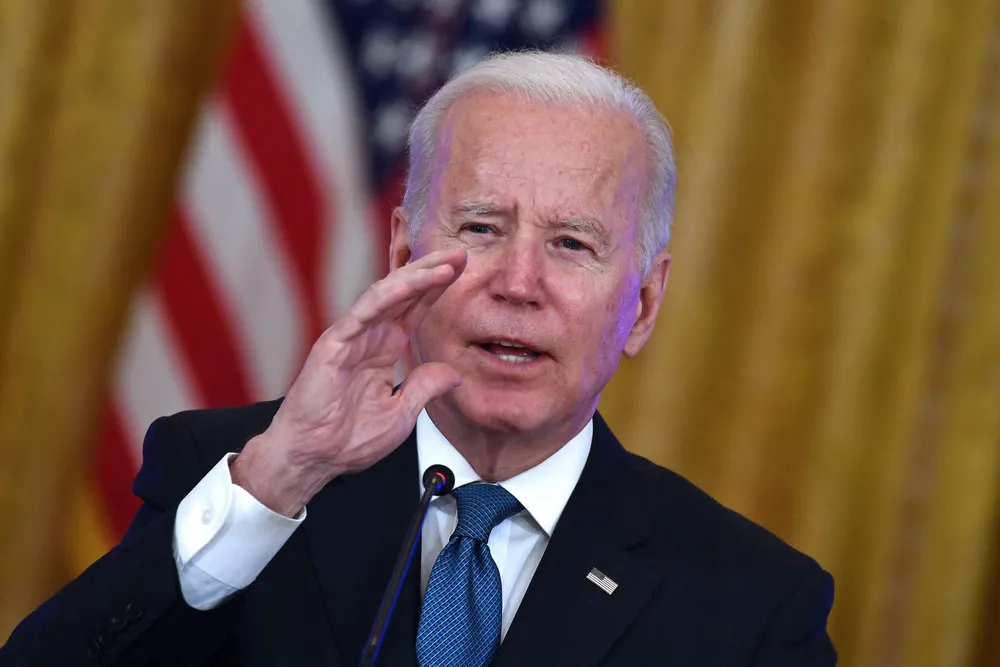US looking to build coalition of LNG exporters
Russian energy supplies to Europe have to be replaced if they are halted in response to the country's military move against Ukraine

Russian energy supplies to Europe have to be replaced if they are halted in response to the country's military move against Ukraine
